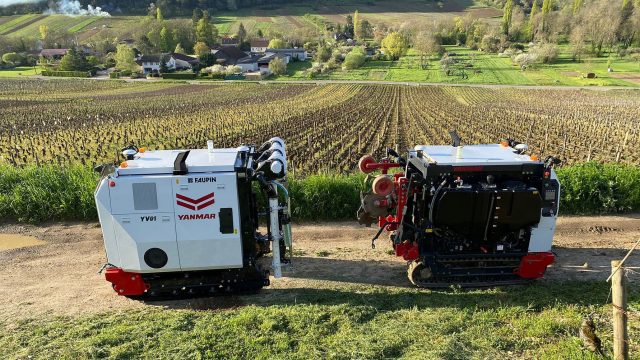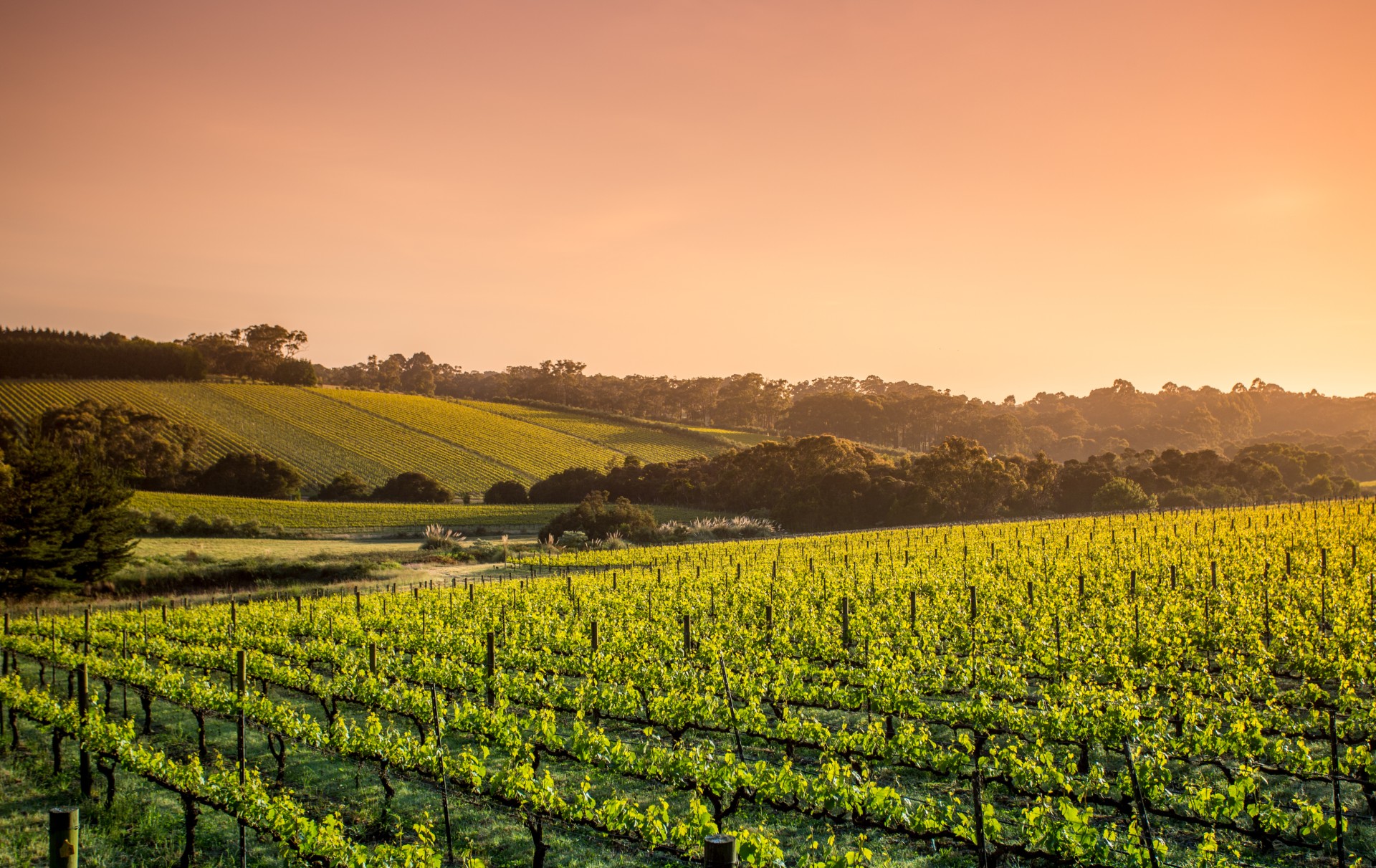Moët backs robots to manage vineyards in Champagne
A partnership has been announced today between Moët & Chandon and a viticulture tech company called Yanmar to advance robotic vineyard management in Champagne.

The tie-up sees the two companies work together to develop the YV01 autonomous robot, which is a self-driving vineyard sprayer guided by Real Time Kinematic (RTK) GPS that can operate on slopes up to 45 degrees.
The robotic ‘tractor’ has been developed by Yanmar Vineyard Solutions, which is an Epernay-based viticultural arm of Japan’s Yanmar – an agricultural machinery maker.
According to Yanmar, the collaboration with Moët & Chandon started in 2019 with an “autonomous machine concept” at a time when the wine industry was beginning to explore the potential of robotic vineyard assistance.
At this early stage, Moët & Chandon worked with Yanmar on the specifications for a machine that could handle challenging plots with steep and lateral slopes, leading to the launch of a prototype YV01 in 2021.
The machine was first tested on a Comité Champagne plot to ensure it met the appellation’s specifications, before being released to Moët & Chandon.
Following these tests, in early 2022, Moët & Chandon “undertook extensive trials” with two YV01 machines on some of their most demanding plots to test the robotic sprayers’ performance under real-life conditions. It also marked the start of a training program to teach staff new ways of working in steep areas.
Partner Content
By the end of 2022, Moët & Chandon confirmed their intention to operate the YV01 in “challenging” vineyard plots in Aÿ and Cramant.
Having performed well, Yanmar Vineyard Solutions and Moët & Chandon started the development of a new weeder tool in 2023, which has been available for sale since January this year.
The robots come with petrol and electric power, and move at speeds up to 4km/hr (see video below), with Moët’s version equipped with “an efficient petrol engine that gives it several hours of uninterrupted operation”.
According to Nikkei Asia, the robotic sprayers cost around £130,000, and Yanmar plans to take the tech to the US – a market where rival manufacturer Kubota is setting its sights, having enlisted Tesla co-founder and engineer Ian Wright to develop farming robots controlled by artificial intelligence.
Moët & Chandon is focused on more sustainable ways of managing its vineyards in Champagne, adopting regenerative viticulture, while trialling vitiforestry, and the use of sheep to control vineyard weeds.
Related news
iDealwine Barometre show white wine gaining traction at auction
Change at Champagne Laurent-Perrier as Michel Fauconnet officially retires
London Stock Exchange CEO wins Veuve Clicquot Bold Woman Award




